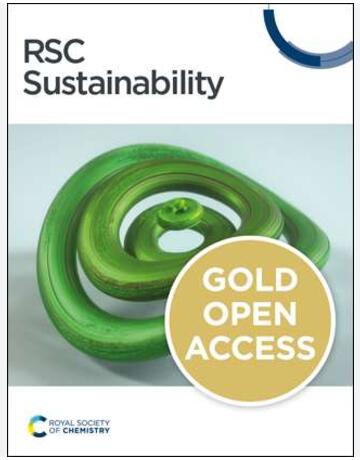利用压缩空气储能的能源调度优化策略研究
IF 3.3
3区 环境科学与生态学
Q2 ENVIRONMENTAL SCIENCES
引用次数: 0
摘要
由于可再生能源的波动性和间歇性,将大量可再生能源并入电网会对电网的稳定性和安全性产生重大影响。本文提出了压缩空气储能(CAES)的分级调度策略,并利用它来平衡风电场的电力输出,实现源-储-电网系统的智能调度。本文采用马尔可夫决策过程框架,通过行为批判(AC)算法来描述压缩空气储能(CAES)的能量调度问题。为了解决 AC 算法在连续行动空间中的稳定性和低采样效率问题,我们采用了深度确定性策略梯度(DDPG)算法,这是一种基于确定性策略的无模型深度强化学习算法。此外,利用增强拓扑的神经进化(NEAT)来改进 DDPG,可以增强算法在复杂环境中的适应性并提高其性能。结果表明,DDPG-NEAT 算法的调度准确率达到 91.97%,与 SAC 算法和 DDPG 算法相比,分别提高了 15.43% 和 31.5%。该算法在 CAES 能量调度中表现出了卓越的性能和稳定性。本文章由计算机程序翻译,如有差异,请以英文原文为准。
Research on Energy Scheduling Optimization Strategy with Compressed Air Energy Storage
Due to the volatility and intermittency of renewable energy, the integration of a large amount of renewable energy into the grid can have a significant impact on its stability and security. In this paper, we propose a tiered dispatching strategy for compressed air energy storage (CAES) and utilize it to balance the power output of wind farms, achieving the intelligent dispatching of the source–storage–grid system. The Markov decision process framework is used to describe the energy dispatching problem of CAES through the Actor–Critic (AC) algorithm. To address the stability and low sampling efficiency issues of the AC algorithm in continuous action spaces, we employ the deep deterministic policy gradient (DDPG) algorithm, a model-free deep reinforcement learning algorithm based on deterministic policy. Furthermore, the use of Neuroevolution of Augmenting Topologies (NEAT) to improve DDPG can enhance the adaptability of the algorithm in complex environments and improve its performance. The results show that scheduling accuracy of the DDPG-NEAT algorithm reached 91.97%, which was 15.43% and 31.5% higher than the comparison with the SAC and DDPG algorithms, respectively. The algorithm exhibits excellent performance and stability in CAES energy dispatching.
求助全文
通过发布文献求助,成功后即可免费获取论文全文。
去求助
来源期刊

Sustainability
ENVIRONMENTAL SCIENCES-ENVIRONMENTAL SCIENCES
CiteScore
6.80
自引率
20.50%
发文量
14120
审稿时长
17.72 days
期刊介绍:
Sustainability (ISSN 2071-1050) is an international and cross-disciplinary scholarly, open access journal of environmental, cultural, economic and social sustainability of human beings, which provides an advanced forum for studies related to sustainability and sustainable development. It publishes reviews, regular research papers, communications and short notes, and there is no restriction on the length of the papers. Our aim is to encourage scientists to publish their experimental and theoretical research relating to natural sciences, social sciences and humanities in as much detail as possible in order to promote scientific predictions and impact assessments of global change and development. Full experimental and methodical details must be provided so that the results can be reproduced.
 求助内容:
求助内容: 应助结果提醒方式:
应助结果提醒方式:


